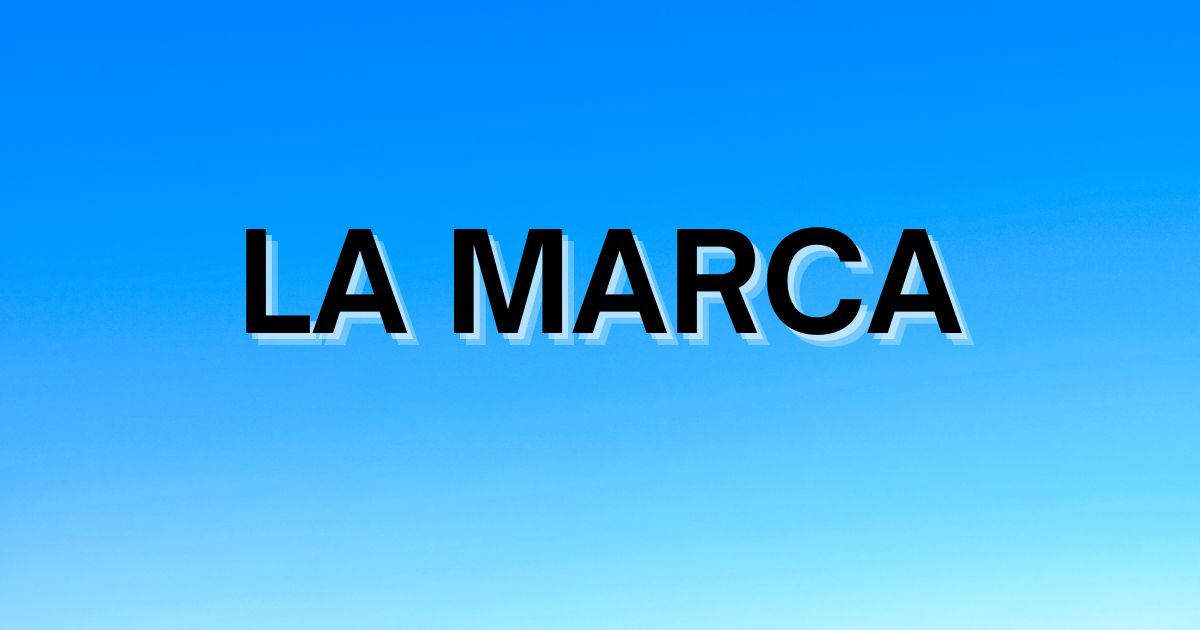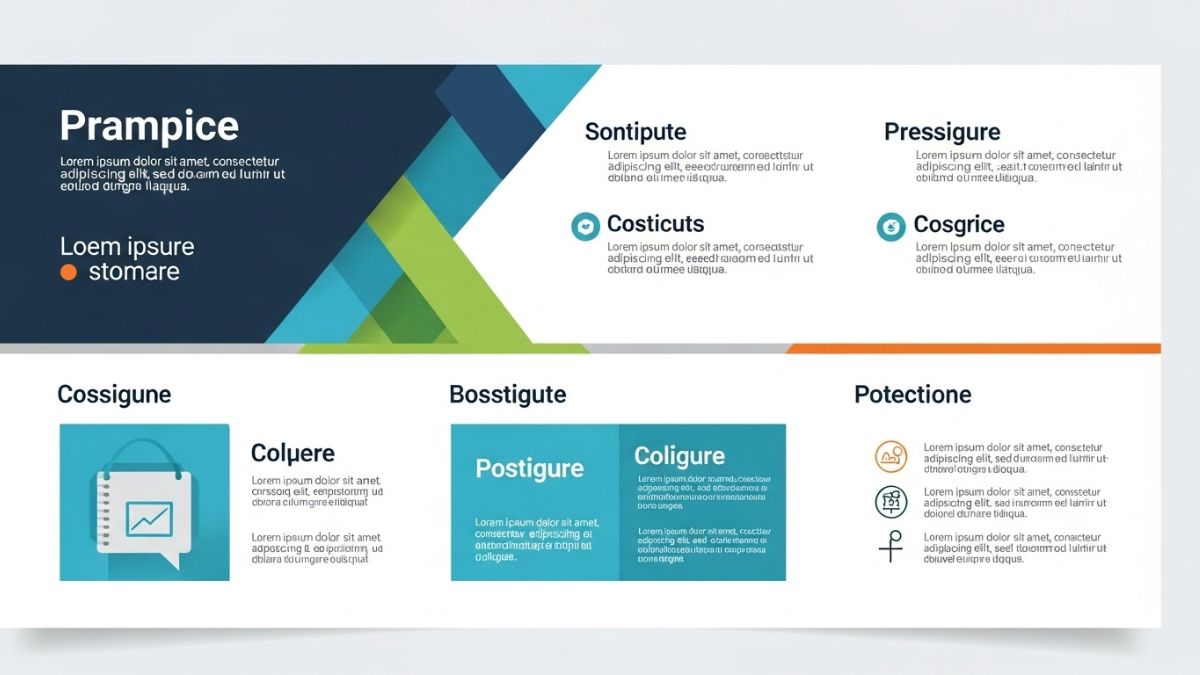“La Marca” translates to “the brand” in Spanish. More than just a label, a brand reflects identity, perception, and promise. Whether it’s a global fashion house, a startup tech firm, or a personal brand, “La Marca” represents how a product, service, or person is seen, felt, and remembered by the world.
The Power of a Brand Name
A powerful brand name creates emotional resonance. Think of names like Nike, Apple, or Coca-Cola. These aren’t just companies—they’re experiences. A good name is memorable, distinct, and reflective of core values. “La Marca” becomes synonymous with what it stands for, creating trust, loyalty, and recognition.
Origins of Branding in History
Branding isn’t new. It started in ancient times when farmers marked livestock to distinguish ownership. Over centuries, branding evolved through merchant signs, family crests, and eventually trademarks. In today’s digital age, branding is essential not just for businesses but also for individuals who want to stand out in saturated markets.
Visual Identity and Brand Recognition
A brand is more than a name—it’s a visual identity. Logos, color schemes, fonts, and packaging all contribute to how a brand is perceived. For example, Tiffany & Co.’s robin-egg blue or McDonald’s golden arches evoke instant recognition. Consistency in visuals strengthens “La Marca” by making it recognizable across all platforms.
Emotional Connection in Branding
Great brands evoke emotion. They tell stories, solve problems, and reflect the consumer’s lifestyle or aspirations. Apple isn’t just about electronics—it’s about innovation, design, and status. When a brand creates an emotional bond, customers become advocates and return not just for products, but for the feeling the brand gives them.
Brand Voice and Communication
“La Marca” also speaks. Its tone, language, and style shape how it connects with people. Is it playful or serious? Informative or inspirational? From social media captions to customer emails, every message must reflect the brand’s voice. This consistency builds familiarity and trust.
Cultural Influence on La Marca
Brands resonate differently across cultures. What works in one region may not translate well in another. Cultural sensitivity and localization are vital. Multinational brands often tweak their marketing strategies to align with local values, languages, and aesthetics without losing their core identity.
The Role of Authenticity in Branding
Consumers today crave authenticity. They value transparency, ethical practices, and relatable stories. A brand that stays true to its mission and values—no matter the trends—earns deeper trust. La Marca must walk the talk, whether that’s through sustainable sourcing, fair trade, or community engagement.
Personal Branding and La Marca
In the age of influencers, personal branding is a powerful concept. Professionals build their own “La Marca” by curating their image on LinkedIn, Instagram, or YouTube. Whether you’re a freelancer, entrepreneur, or thought leader, your reputation and digital presence form your personal brand—and it can open doors.
Brand Strategy and Positioning
Successful brands don’t happen by accident—they’re built strategically. Positioning involves finding a unique space in the market and occupying it with clarity. Is the brand luxury or affordable? Modern or traditional? Clear positioning helps target the right audience and differentiate from competitors.
The Lifecycle of a Brand
Brands grow and evolve. Some start small and rise to fame, others rebrand to stay relevant. A brand must adapt to changing markets, technologies, and consumer expectations. This could involve logo redesigns, updated messaging, or product innovations—always staying true to its essence.
Social Media and Digital Branding
Online presence is crucial in modern branding. Social media offers direct access to consumers and real-time feedback. Instagram, TikTok, and YouTube enable brands to build relationships, tell stories, and show authenticity. Content creation, engagement, and influencer partnerships play key roles in La Marca’s visibility today.
Rebranding: Risks and Rewards
Sometimes brands outgrow their original identity. Rebranding can revitalize perception, attract new audiences, and signal growth. But it comes with risks—if done poorly, it can confuse customers or dilute the brand’s value. A successful rebrand aligns with business goals while respecting the original legacy.
The Impact of Customer Experience
Branding isn’t just what you say—it’s what you do. Customer service, packaging, delivery, and post-sale support all contribute to brand perception. A positive experience turns one-time buyers into loyal fans. Brands that invest in customer care ultimately build deeper relationships and better reputations.
Storytelling as a Branding Tool
Storytelling gives brands life. Sharing origins, missions, challenges, and triumphs adds depth and relatability. Think of TOMS Shoes—its “One for One” story turned footwear into a cause. People love stories because they connect emotionally and give meaning to the products or services they buy.
Branding in Competitive Markets
In saturated industries, differentiation is critical. Branding becomes the edge that wins customers. Whether it’s innovative packaging, a unique founder story, or superior customer care, “La Marca” must find what makes it stand out and emphasize it at every touchpoint.
Influencers and Brand Ambassadors
Collaborating with influencers can amplify La Marca. When a trusted voice recommends a product, their audience listens. Influencers give brands authenticity and reach, especially among younger demographics. Brand ambassadors go a step further—they embody the brand’s values and form long-term partnerships.
Sustainable Branding and Green Values
Environmental responsibility is a growing concern. Eco-conscious branding helps La Marca appeal to the modern consumer. Brands that commit to sustainable materials, zero waste, or ethical labor not only help the planet but also build a loyal customer base that aligns with those values.
Measuring Branding Success
Metrics like brand awareness, customer loyalty, social media engagement, and net promoter score (NPS) help measure a brand’s strength. Tools like Google Analytics, surveys, and market research offer insights into how “La Marca” is perceived and where improvements can be made.
Conclusion
In a world full of choices, a strong brand makes all the difference. “La Marca” is more than a name or logo—it’s a story, a promise, an experience. Whether you’re building a business, launching a product, or developing a personal identity, investing in branding is investing in long-term success. In every sense, “La Marca” defines how you’re remembered—and that’s the ultimate competitive edge.
FAQs
What does ‘La Marca’ mean in branding?
It means “The Brand” in Spanish, and it signifies the complete identity of a business, product, or person.
How important is visual identity to a brand?
It’s critical. Logos, colors, and typography help create instant recognition and trust.
Can personal branding help in career growth?
Absolutely. A strong personal brand can attract employers, clients, and followers.
Is rebranding risky for a company?
It can be if not planned well. But when done right, it revitalizes and aligns a brand with current goals.
How can small businesses compete with big brands?
By focusing on authenticity, personalized service, and a unique story that resonates with a niche audience.















